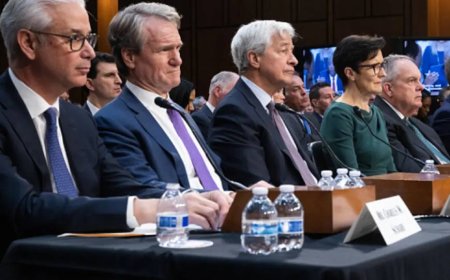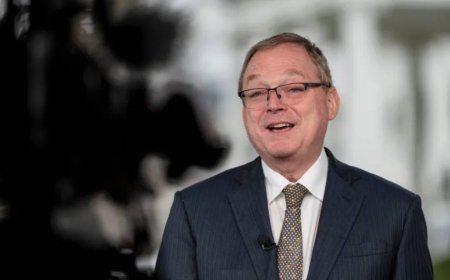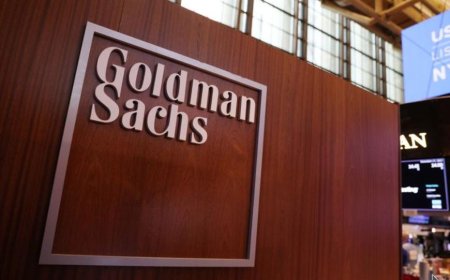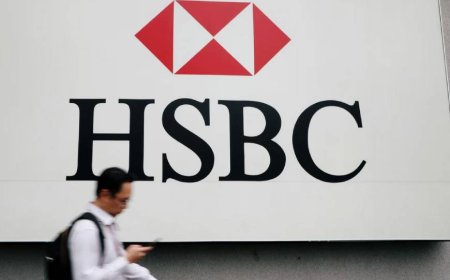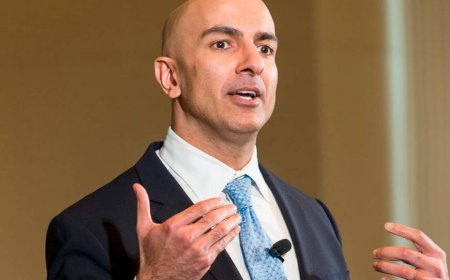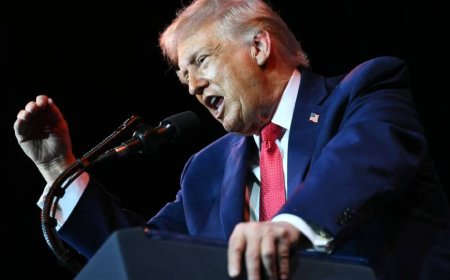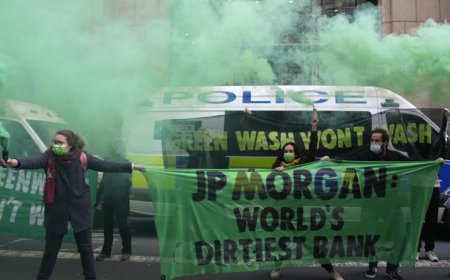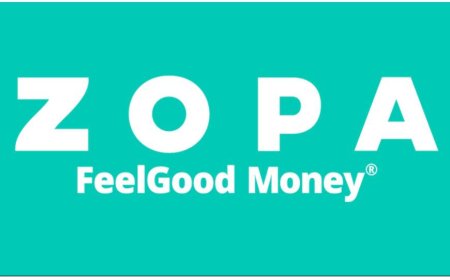JP Morgan’s ‘sustainable’ funds invested £200m in mining giant Glencore
Backing of Glencore angers campaigners who have highlighted firm’s environmental breaches in South Africa
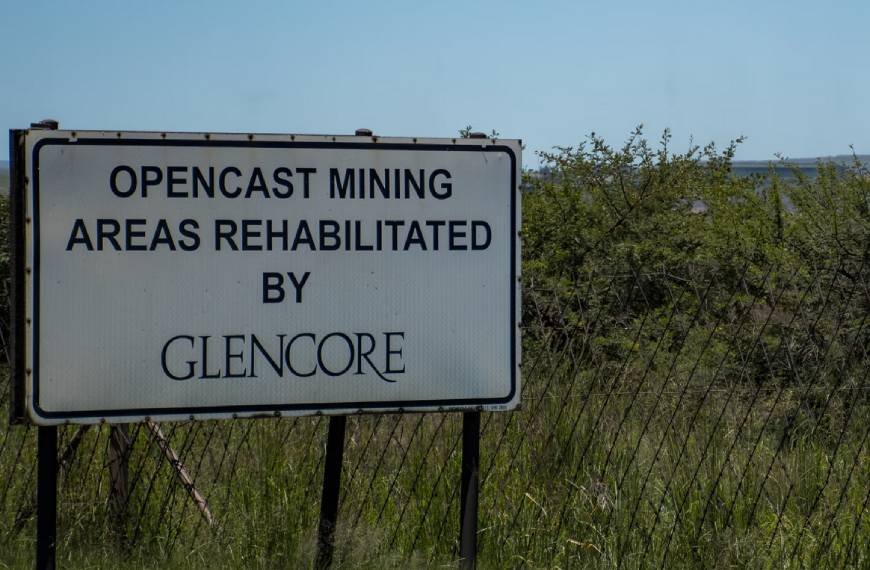
One of the world’s biggest banks, JP Morgan, has promoted environmental and “sustainable” funds to customers which have invested more than £200m in the mining giant Glencore, it can be revealed.
Ethical investing has become big business for JP Morgan and other financial giants, with worldwide “sustainable” investing expected to surpass $40tn by 2030. But the industry now faces scrutiny over the rules around investments focusing on environmental, social and governance (ESG) issues.
Several of JP Morgan’s “sustainable” funds are investing in the London-listed commodity trader Glencore, which is under fire for its coal operations in South Africa, an investigation by the Bureau of Investigative Journalism, the news website Voxeurop and the Daily Maverick, an online South African news publication, has revealed.
JP Morgan’s asset management arm has more than 500 funds promoted as environmental or sustainable investments, ranging from a climate change solutions fund to a global healthcare fund. Under current rules, some of these may still hold investments in firms criticised for environmentally damaging practices.
For many of its funds that are promoted as sustainable, JP Morgan specifies that at least 51% of investments must have positive environmental and/or social characteristics. The remaining 49% can be invested without such restrictions.
Jakob Thomä, chief executive of climate thinktank Theia Finance Labs, said: “The overwhelming majority of retail investors, in my view, would feel misled if they knew that was the criteria for labelling something as a sustainable fund.”
He said some sustainable funds may be breaking EU law, which says anything that “deceives or is likely to deceive the average consumer” is misleading commercial practice.
JP Morgan’s sustainable funds also exclude companies that make more than 20% of revenues from thermal coal extraction. Despite being one of the world’s biggest coal companies, Glencore slips under this threshold in terms of revenues. In terms of actual profit, however, coal mining accounts for nearly half.
The investments have angered campaigners who have highlighted environmental breaches in Glencore’s operation in South Africa’s coal belt. Glencore runs three mining complexes around the mining town of Phola, Mpumalanga, which is about 70 miles east of Johannesburg. According to a recent South African government report, obtained via a freedom of information request, one of those has been breaking environmental laws since 2017.
The company’s Tweefontein coalmine has been accused by the South African water and sanitation department of several breaches including seriously contaminating a local river, storing hazardous waste in open containers and failing to fix broken walls at a sewage facility.
Residents at Phola say they don’t trust the local water supply. Daisy Tshabangu, 52, moved to Phola because her family worked at the coal-fired power station that looms on the horizon. “Most of the people, when they do drink this water they get stomach aches,” she said.
Phola residents say they feel abandoned by the companies whose mines dominate the landscape. Unemployment is high and infrastructure is crumbling.
“We don’t benefit from the mines,” said Tshabangu. “There’s a lot we don’t have but we are surrounded by mines. So to us, it seems like we are being sidelined as a community.”

